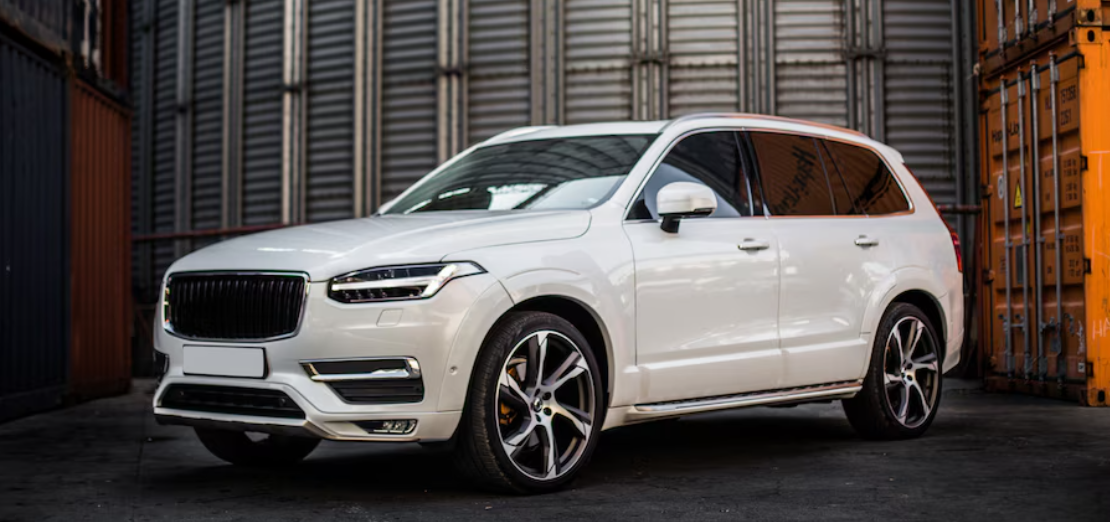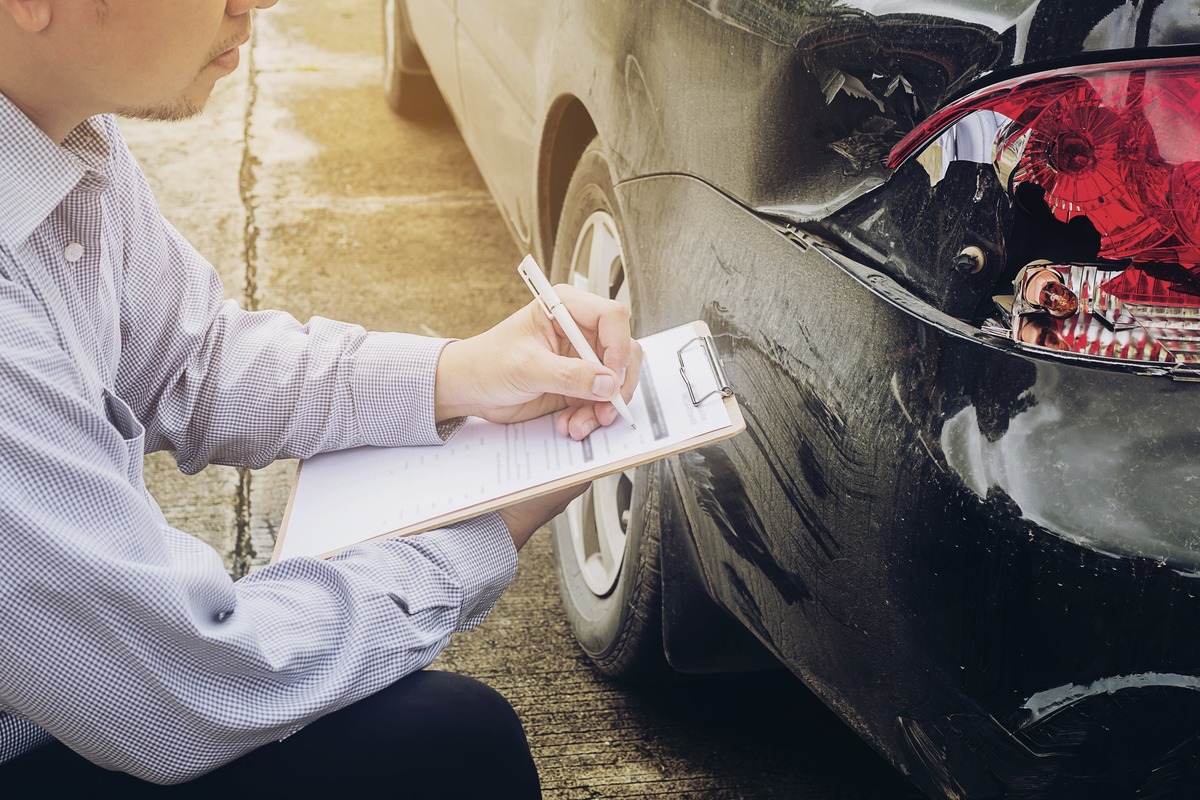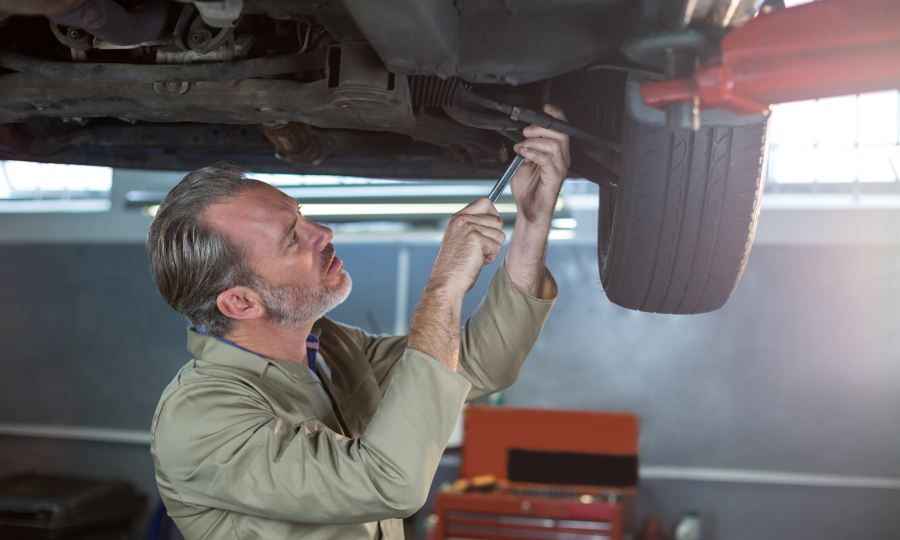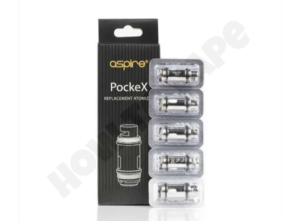A Comprehensive Guide to Inspecting Second Hand Cars Before Purchase
Buying second hand cars is equally good because it will help a person get a good car that may not be very cheap in the market. However, a used car should undergo a careful examination to reduce the chances of being a victim of a bad deal with unknown issues. In this guide, you will find out where to look and what to look for to make sure your decision to invest in a second-hand car is wise and safe.
- Exterior Inspection
- Check for Rust and Paint Damage: Walk around the car to check if there are any signs of rust, dents, mismatch in paints, or any previous accidents.
- Examine the tyres: All the tyres should have an equal amount of wear and adequate tread and must be from the same brand and model. Inconsistent tyre wear may indicate cases of alignment problems.
- Inspect the Lights: Test all the exterior lights (headlights, indicators, brake lights) to ensure they are working correctly and aren’t dim or cracked.
- Interior Condition
- Examine Upholstery and Dashboard: Check the areas of the seats, dashboard, and flooring for any rips, spills, breaking, or fading. Pay attention to unusual odours that might indicate damage or moisture.
- Test the Electronics: Check all electronics, like radio, air conditioning, windows, and mirrors, are in a good state. These can be costly to repair or replace in second hand cars.
- Check the Odometer: Confirm the mileage on the odometer aligns with the car’s age and condition. Low mileage on an older car could indicate tampering, so compare this with service records if available.
- Engine and Transmission Check
- Look Under the Hood: The engine bay should be clear of any kind of spills and look very clean. Notice red or green leaks as they stand for oil and coolant, respectively. After a quick check of the oil, it is possible to tell whether the oil is fresh and at the right level.
- Listen for Unusual Sounds: Start the car and listen for any knocking, ticking, or rattling noises. These can indicate engine problems, which can be costly to repair.
- Transmission Test: In manual transmissions, examine whether the gears can shift without the grinding sound. For automatics, ensure smooth shifting without jerks or delays.
- Brakes and Suspension
- Brake Test: On a test drive, check the brake pedal and confirm if there is quick contact and also that the car stops without noise. There will be some squeaking or grinding noises that tell you that it’s time to replace the brake pads.
- Suspension Check: Drive the car over bumps or rough patches to assess the suspension. The car should absorb impacts comfortably without unusual bouncing or rattling.
- Test Drive
A test drive is essential for evaluating the car’s performance. When driving, pay attention to acceleration, braking, steering responsiveness, and handling. Any rough, sudden motion, hit, or sound must be recorded. Try to take the car at different speeds; if possible, this should be done on different types of roads.
- Vehicle History Report
- Check Ownership History: A vehicle history report will help you to know the past owners, accident history, and if the car has undergone any major repairs.
- Inspect for Outstanding Loans: Ensure there are no outstanding loans on the car. An unpaid loan could cause legal complications after the purchase.
- Confirm Service Records: The records of the car’s maintenance confirm this theory that the car was well maintained. Search for paperwork related to oil changes, brake pad changes, and everyday services.
- Professional Inspection
It is worth doing a primary check on your own, but it is very important to ask a professional mechanic, especially if you lack knowledge about cars. An expert person in car repairs can advise you about some aspects of the car you never would notice yourself.
- Negotiation Tips for Second Hand Cars
Once your car is checked and you find some slight defect or some problem, you can use these findings to bargain the price. The sellers are always open to decreasing the price if you can justify the possible future costs of repairing or replacing.
Final Thoughts
Buying second hand cars can be very rewarding if you take certain measures to be sure about the quality of the car you are buying. An overall inspection and a meeting prove you will rarely spend extra money on repairs, and you get a strong, efficient car.
By keeping these tips in mind, it is possible to come across an extremely good used car that fits your requirements and your pocket without any hidden problems or drawbacks.














Post Comment